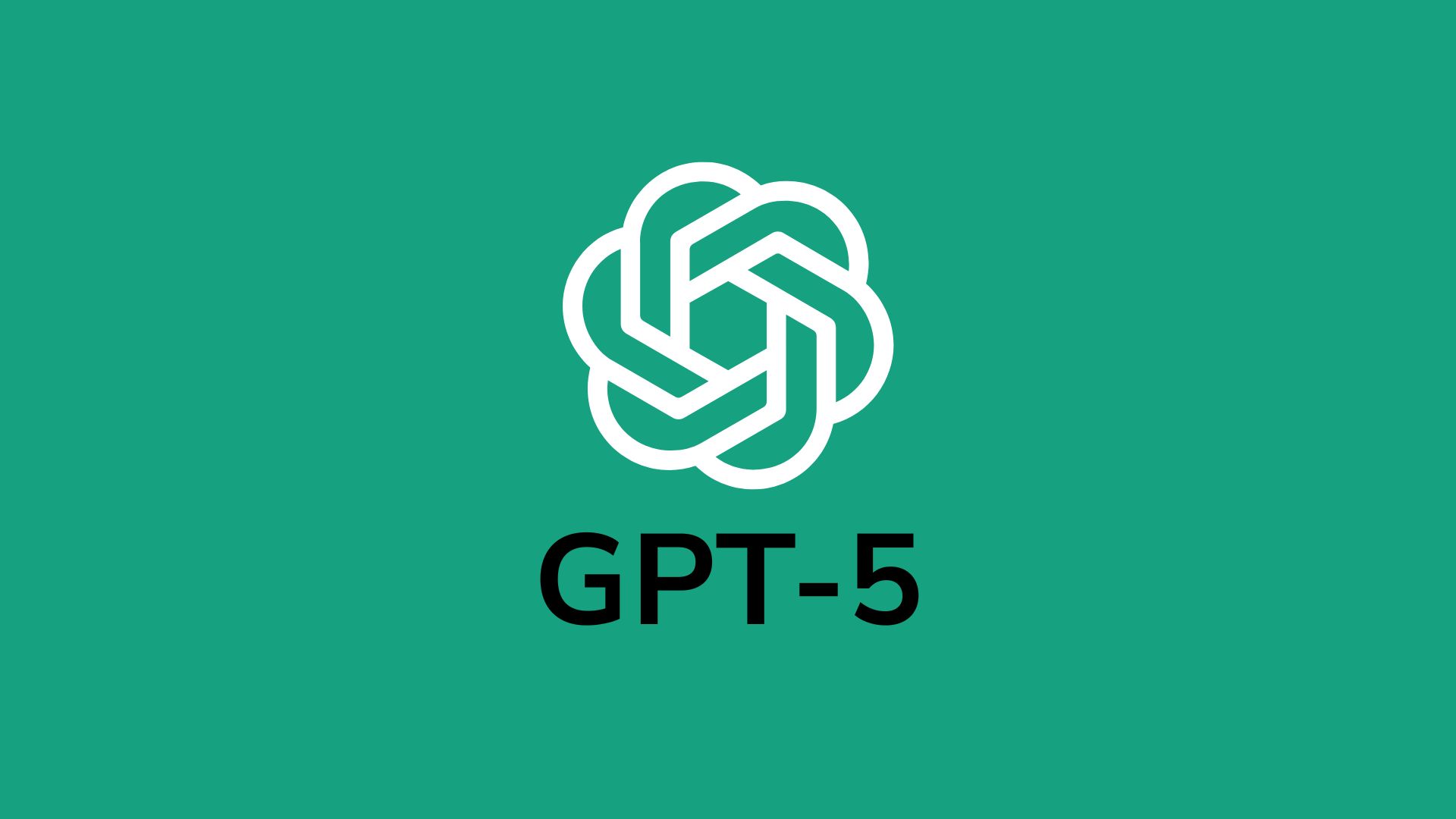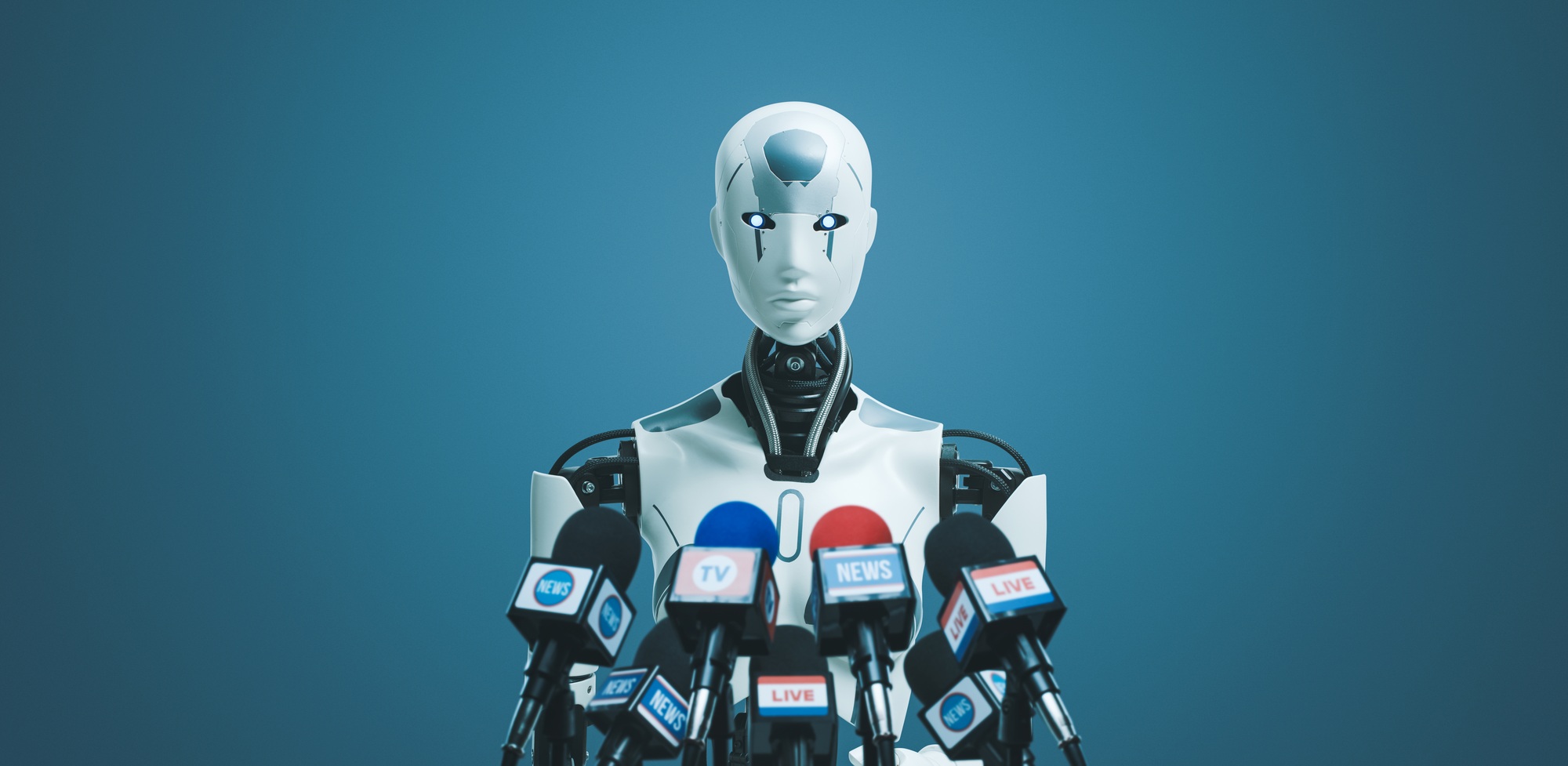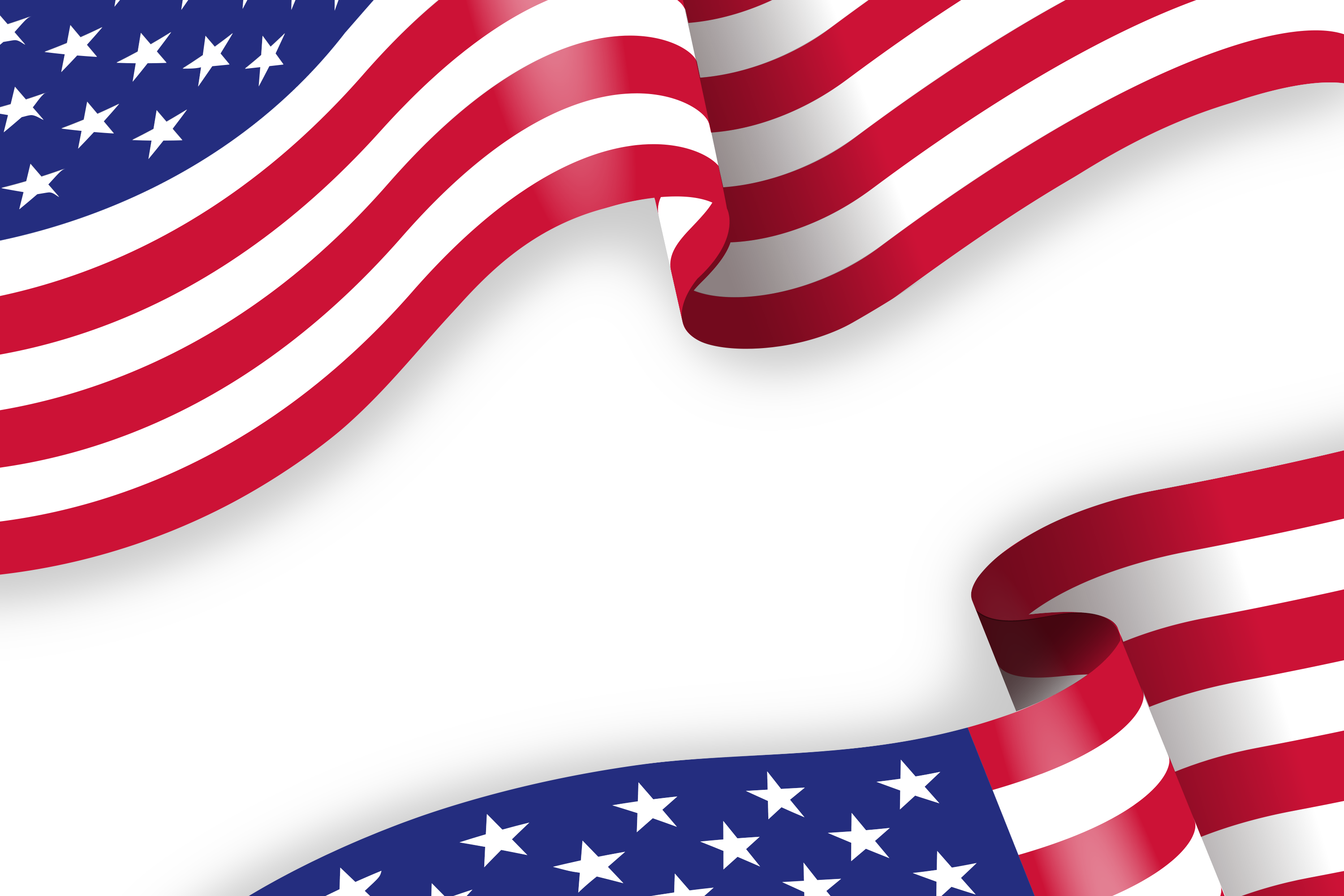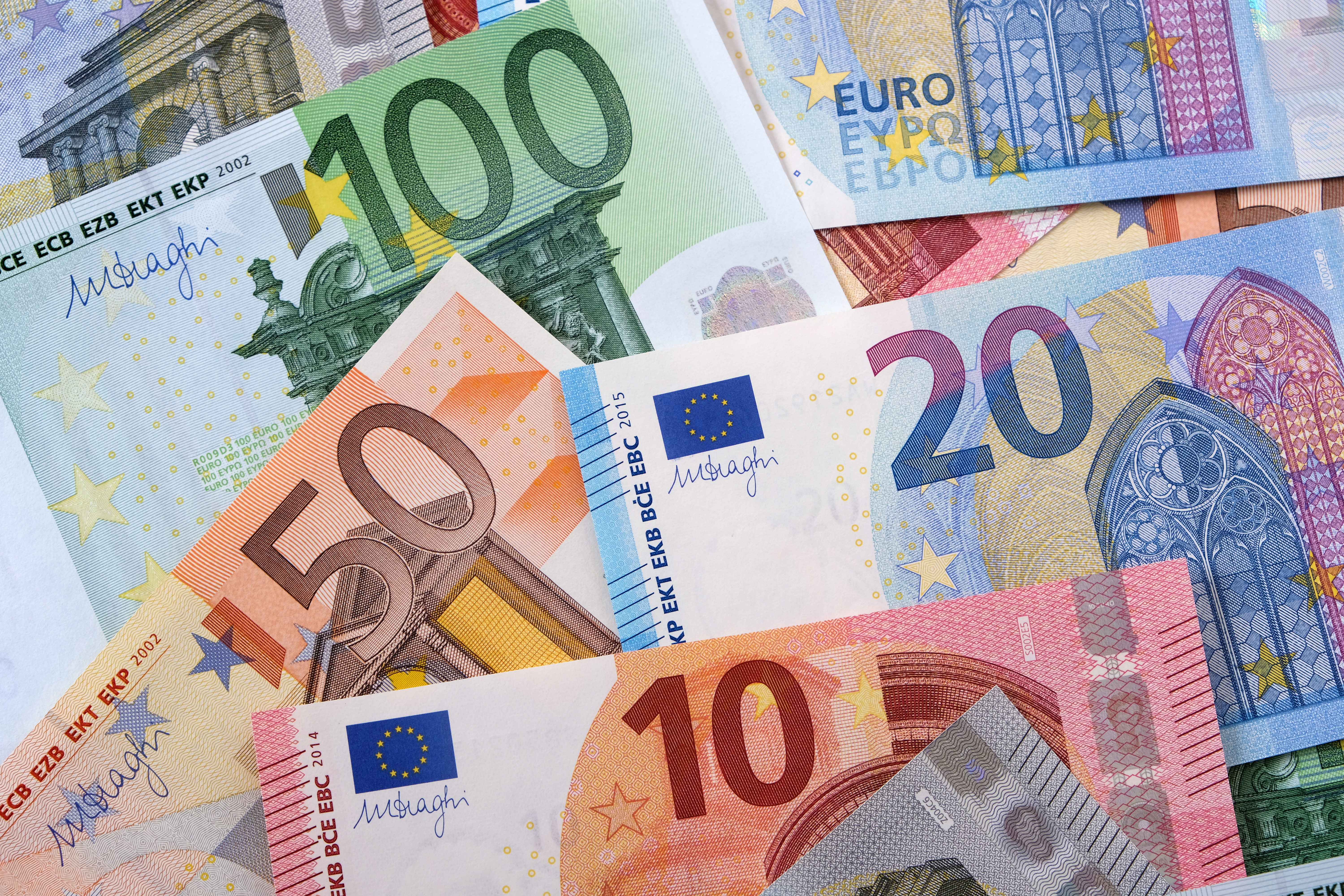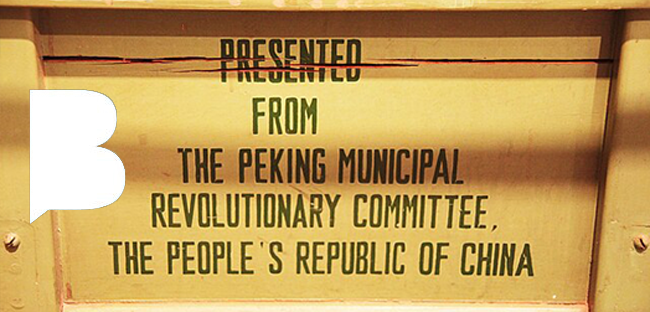
1 – 8 August 2025

Dear readers,
In the week behind us, the EU has postponed its planned tariffs on the US by six months to allow more time for negotiations. Originally set to take effect this week, the tariffs are suspended from Tuesday; the move comes after a political agreement between Ursula von der Leyen and US President Donald Trump at the end of July.
South Korea’s trade minister said Samsung Electronics and SK Hynix will be exempted from the planned 100% US tariffs on semiconductor chips. The exemption follows both companies’ significant investments in US chip manufacturing facilities. Trump warned that companies that don’t produce chips in the US would face a 100% tariff on semiconductor imports.
Apple is increasing its domestic investment by an additional $100 billion, bringing its total commitment to US manufacturing to $600 billion over the next four years. The announcement was made by CEO Tim Cook during a joint appearance with President Donald Trump at the White House, as the administration signals plans to impose steep tariffs on foreign-made semiconductors.
Tesla has awarded CEO Elon Musk a substantial new compensation package worth approximately $29 billion in stock options, signalling the company’s continued reliance on Musk’s leadership at a critical juncture. This interim payment includes 96 million new Tesla shares and aims to incentivise Musk as Tesla transitions from a struggling auto business toward futuristic ventures like robotaxis and humanoid robots.
Yet, it is ironic that this bold pivot toward robotaxis is overshadowed by a recent court verdict ordering Tesla to pay approximately $243 million in damages following a fatal 2019 crash involving a Model S equipped with Autopilot. A Florida jury found Tesla’s driver-assistance software to be defective — a finding the company plans to appeal, asserting that the driver was solely responsible for the incident.
OpenAI has unveiled GPT-5, the latest generation of its widely used ChatGPT tool, offering what CEO Sam Altman described as a ‘huge improvement’ in capability. Now free to all users, the model builds on previous versions but stops short of the human-like reasoning associated with accurate artificial general intelligence. Altman compared the leap in performance to ‘talking to a PhD-level expert’ instead of a student.
Still speaking about OpenAI, the company has launched its first open-weight AI models in over five years, under the Apache 2.0 license. Developers now have access to download, adapt, and deploy the models commercially, marking a significant shift in policy from the company’s previously closed-source approach.
OpenAI has also partnered with the US General Services Administration to provide ChatGPT Enterprise access to all federal executive branch agencies for just $1 per agency over the next year, aligning with the Trump Administration’s AI Action Plan to reduce bureaucratic workload and enhance public service efficiency. The initiative includes training programmes, strict security measures, and a 60-day free access window to advanced features, aiming to empower public servants with cutting-edge AI tools while maintaining responsible deployment and data protection standards.
Let’s move to Venice, Italy, where the Venice Film Festival has confirmed that a cyberattack compromised the personal data of accredited attendees, including journalists and industry members. The breach affected names, contact details, and tax information.
A report by Australia’s eSafety commissioner showed that tech giants, including Apple, Google, Meta, and Microsoft, have failed to act against online child sexual abuse. Namely, it was found that Apple and YouTube do not track the number of abuse reports they receive or how quickly they respond, raising serious concerns.
For the main updates, reflections and events, consult the RADAR, the READING CORNER and the UPCOMING EVENTS section below.
Join us as we connect the dots, from daily updates to main weekly developments, to bring you a clear, engaging monthly snapshot of worldwide digital trends.
DW Team
RADAR
Highlights from the week of 1 – 8 August 2025
Despite a late dip, Bitcoin’s uptrend remains intact, with targets as high as $172,000 on the horizon.
OpenAI is expected to officially unveil GPT-5 today following a teaser campaign and a mistakenly published GitHub post revealing key details.
Current cyber readiness gaps prompt fresh calls for a dedicated military cyber service.
Cyber blame game intensifies as China accuses the US of exploiting software flaws Microsoft had already patched.
Generative AI tools are reducing traffic to news sites, threatening revenue. Publishers are adapting with new strategies like GEO, amid legal battles, licensing deals, and rising concerns about news credibility.
SEC Chair Paul Atkins announced a shift towards clearer crypto regulations and innovation-friendly policies under Project Crypto.
Google’s Genie 3 AI can instantly build entire game worlds, raising serious concerns about the future of human game developers.
Chinese authorities have summoned Nvidia over national security concerns tied to its H20 chip, reviving fears of geopolitical retaliation in tech.
Britain’s recently enacted Online Safety Act, designed to safeguard children and curb illegal digital content, is drawing sharp criticism from tech platforms and free speech advocates.
Over 28,000 BTC from Satoshi-era wallets were sent to Galaxy Digital, contributing to a Bitcoin price dip.
The 9th Circuit panel determined that the platform must address allegations of negligence stemming from delays in reporting explicit material involving minors to authorities.
A digital euro will support, not replace, physical money in the eurozone, says ECB board member Piero Cipollone.
A coalition of creative organisations has asked the European Commission to reconsider parts of the implementation process under Article 53 of the AI Act.
Data centre deal that Google made with utilities aims to balance grid demand without expanding costly transmission infrastructure.
READING CORNER
Explore the revival of China’s panda diplomacy with the return of pandas to the U.S. in 2025. Learn how these furry ambassadors are used to signal shifts in global relations, mend political rifts, and project soft power worldwide.
Why did the ‘good governance’ agenda fall short? By overlooking local context, emotional insight, and personal responsibility, Western theory stumbled. Could Confucian reverence and relational ethics offer a wiser path? Aldo Matteucci explores.
Learn how Costa Rica’s “wellness diplomacy” uses its ‘Pura Vida’ philosophy, a national commitment to peace, social well-being, and environmental stewardship, to exert global influence.
The decline of shared analogue experiences is altering how communities bond and preserve collective memory, especially among younger generations.



